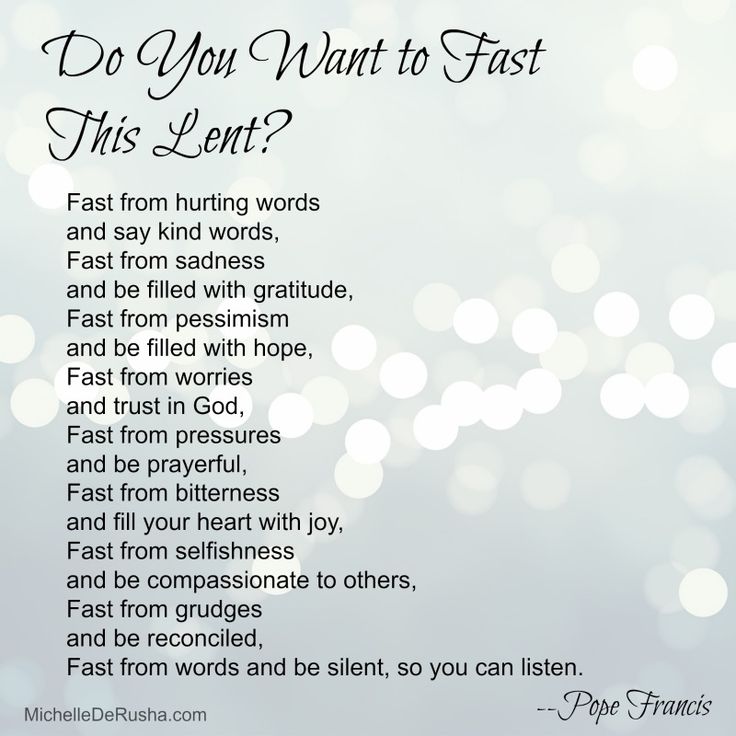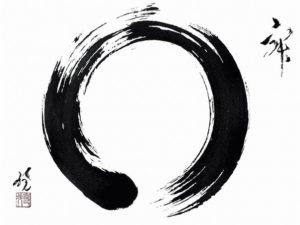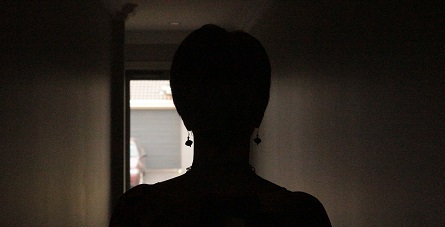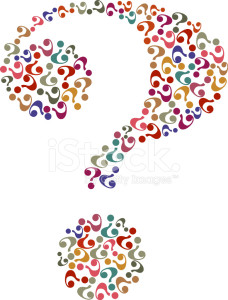This photo popped up on my Facebook news feed a few days ago:

Over the years, I have often embarked on a Lenten fast – sometimes from chocolate, at others from dessert or wine or coffee. Always an indulgence, the theory being that as I abstain, it acts as a prompt to pray. Often, I have caught myself remembering my pledge as I pop the object of my fasting in my mouth.
These words of Pope Francis appeal to me on the one hand and appall me on the other. I know that I will remember my fast as I speak that unkind word or fail to see the positive in the face of all that is not as it should be. But I’ve decided to give it a go.
When I fail, it will be an invitation to remember that I aspire to more; to focus my prayer, not on my failing, but on my desire. I encourage you to join me in this Lenten fast; if the list seems overwhelming, pick one as a focus. I plan to focus most on the last one – to fast from words and be silent, so that I can listen.
Pope Francis, in his 2018 Lenten address, extends his invitation to ‘men and women of good will’ that they join him in ‘almsgiving, fasting and prayer’. Prayer might be too much of a stretch, but fasting as defined above, might not be too big an ask. So, I call on men and women of good will to fast with me between now and Easter; surely, we would have nothing to lose and much to gain.


